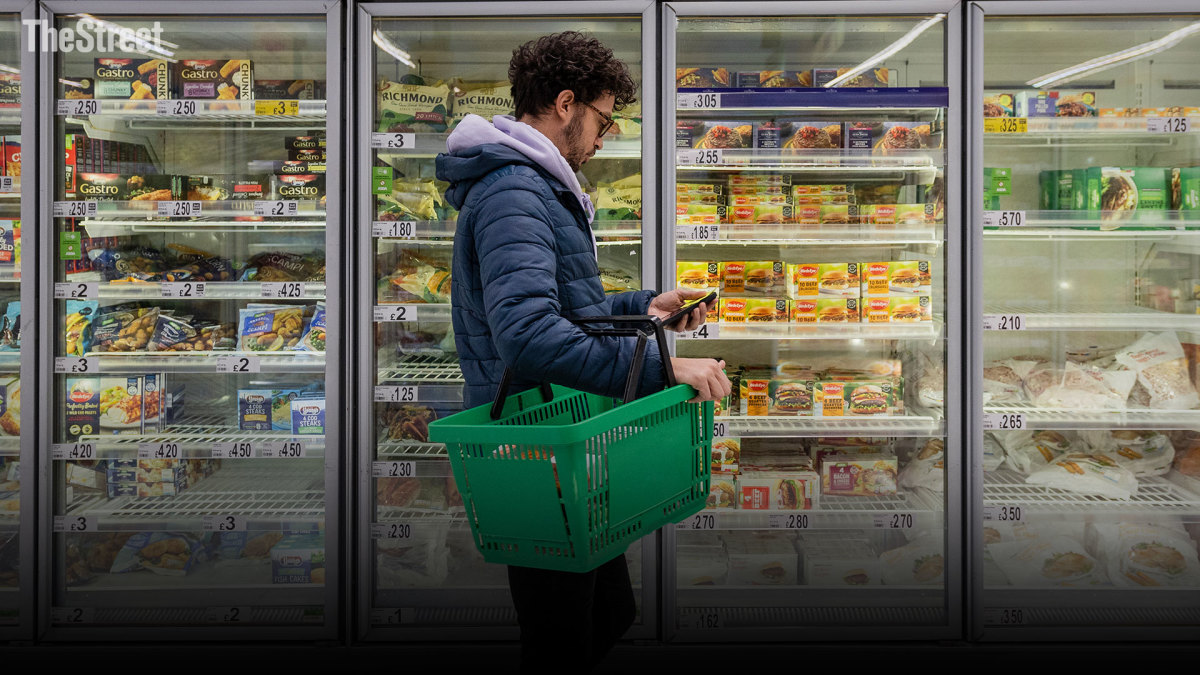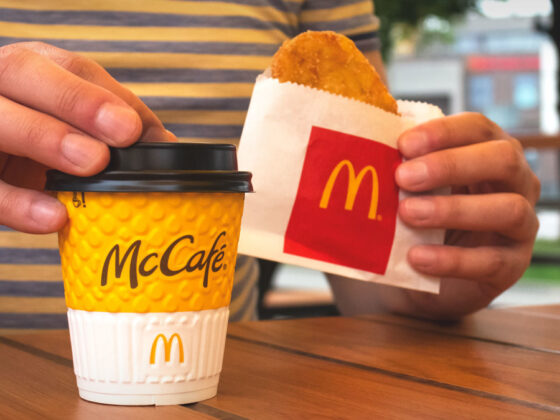On paper, the economy seems pretty strong. Unemployment is low and inflation seems to be slowing down. In reality, though, a lot of people are struggling.
If you talk to people who are out of work, chances are they've been applying everywhere and getting very few hits. And if you ask people how they're doing financially, they may be honest and say “not that well.”
Related: Costco doesn't want members (and non-members) to know this
The reality is that we're stuck in a holding pattern of elevated costs across the board.
Although inflation has cooled compared to where it was a few years ago, everything from housing to utilities is still expensive. And a lot of people are living paycheck to paycheck with minimal flexibility in their budgets.
💵💰Don't miss the move: Subscribe to TheStreet's free daily newsletter💰💵
Worse yet, we don't know what impact tariffs will have on the U.S. economy.
If they make it more expensive for retailers to source inventory, then those added costs are going to be passed along to consumers.
Once that happens, not only might everyone's expenses rise even further, but unemployment levels could also increase as consumers pull back on spending and companies scramble to cut costs.
We can hope for the best, but the unfortunate reality is that we may have a mess on our hands in the coming months as tariff policies unfold.
Image source: Getty Images
Consumers are leaning into groceries and away from restaurants
Because living costs have gotten so expensive, and because so many people are feeling cash-strapped these days, a lot of folks are cutting back on nonessential spending.
If you're someone who normally did a weekly Target run for fun purchases, you may be doing that sparingly in today's economy.
And if you're someone who would normally roam the aisles at Costco without worrying about a couple of extra impulse buys, these days, you might be strictly sticking to a list.
Related: Forget Starbucks, another coffee giant promises higher prices
These uncertain economic times have also caused consumers to shift away from restaurants and rely more on grocery stores for food.
It's hard to overlook the fact that restaurants charge enormous markups for the meals they serve.
Shopping for food and cooking can be a pain if they're things you don't enjoy doing. But the savings involved, compared to dining out, could be huge.
Further, if tariffs drive prices up and put even more pressure on consumers' budgets, there's a good chance restaurant spending will decline even more, and supermarket spending will increase.
That's bad news for dining establishments, but it's potentially good news for grocery stores.
Homeland is closing stores amid economic uncertainty
You'd think that at a time like this, grocery chains would be looking to expand their footprints, not close their doors. But actually, a number of well-known grocery chains are closing stores to cut losses.
Earlier this year, supermarket giant Kroger announced plans to close 60 stores, with a focus on underperforming locations.
Now, Oklahoma City-based Homeland Stores is doing something similar.
Related: Costco has a massive labor problem nobody is talking about
Homeland Acquisition Corp., the parent of company Homeland Stores, recently announced plans to move forward with five store closures in the near term — four in Oklahoma, and one in Georgia.
Specifically, Homeland intends to close:
- One Homeland store in Pauls Valley
- One Homeland store in Jay
- One United Supermarket store in Kingfisher
- One Discount Foods store in Ponca City
- One Piggly Wiggly in Gordon
Homeland Acquisition operates 80 supermarkets across Oklahoma, Texas, and Georgia.
“It is very unfortunate that we had to make these tough decisions, but our goal is doing the best thing for our company and our employee owners,” Christin King, director of marketing and public relations for Homeland Acquisition Corp., told The Oklahoman.
The company's hope is that by closing these underperforming locations, it can focus its resources on more lucrative opportunities. The stores above are slated to close in mid-August.
More Retail:
- Walmart CEO sounds alarm on a big problem for customers
- Target makes a change that might scare Walmart, Costco
- Top investor takes firm stance on troubled retail brand
- Walmart and Costco making major change affecting all customers
At a time when consumers are becoming increasingly reliant on groceries, though, supermarket closures are bad news. Fewer stores means consumers get fewer options to shop around for great deals on food and household essentials.
And with the threat of tariffs looming, it's a really bad time to not have options.
Related: Walmart makes bold move to help inflation-battered consumers













